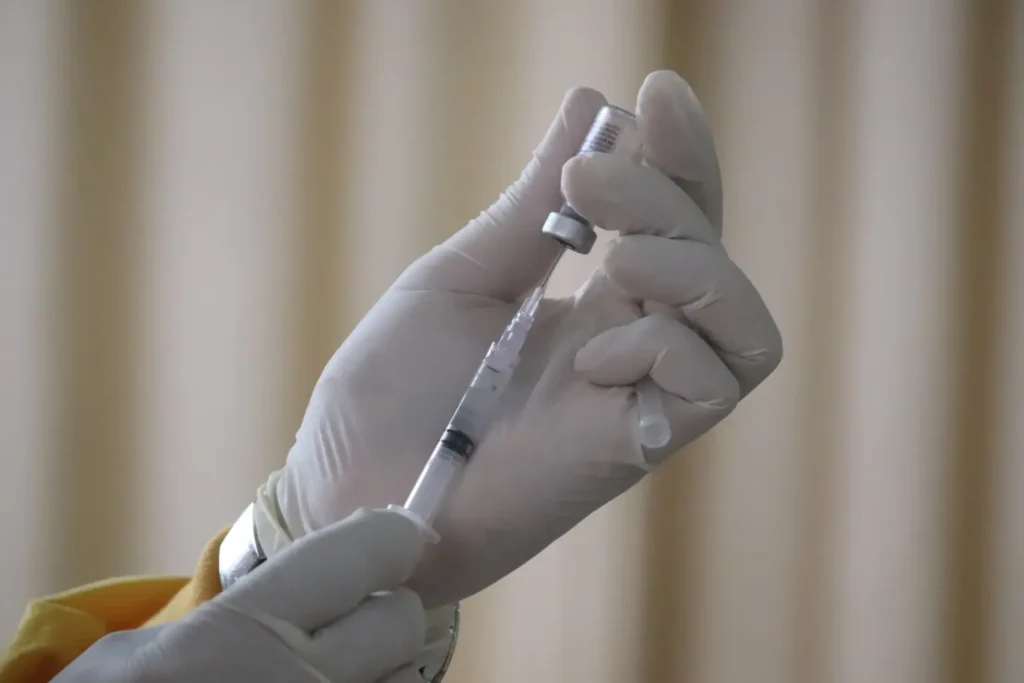No patent rights in refurbished ink cartridges, rules High Court by narrow majority
By modifying a patented article and selling it, are you making a new article or modifying an existing article? When does modifying or refurbishing an article become an infringement of the patentee’s license?
These were questions that the High Court considered in Calidad v Seiko [2020] HCA 41. Overturning 100 years of Australian patent law, the High Court’s decision has widespread implications for companies that refurbish or remake products for sale within Australia, as they can now do so without fear of infringing on patentee’s rights. For companies who repair patented items by replacing their components with non-patented versions, the effect of this decision is beneficial, removing the potential liability associated with making a patented part.
What Happened?
Calidad collects spent ink cartridges, repairing them to be sold in Australia. Seiko holds the licence to make and sell cartridges. Seiko claimed that Calidad was remaking the cartridges, and therefore infringed Seiko’s “implied” licence through the sale. Calidad successfully appealed the decision made by the Full Federal Court, arguing that it had not infringed Seiko’s patent rights by collecting and modifying spent printer cartridges for resale. Calidad relied on the principle that a patentee’s rights are exhausted when its product passes to a new owner. This is known as the exhaustion doctrine.
Overturning 100 years of Australian patent law, the decision has widespread implications for companies that refurbish or remake products for sale within Australia, as they can now do so without fear of infringing on patentee’s rights. For companies who repair patented items by replacing their components, the effect of this decision is to remove the need for a licence to produce parts.
In a decision handed down on the 12 November 2020, the High Court narrowly endorsed the exhaustion doctrine. A patentee who sells an article without conditions attached to the sale, will have all rights (to sell, repair, use etc) extinguished, once the item passes to its new owner.
This decision brings Australia in line with the USA and the EU, which have applied the exhaustion doctrine for some time. Because of this decision, Australia diverges from the UK in respect of patent laws.
In 2018 the Federal Court ordered Apple to pay $9 million as penalty for misleading and deceptive conduct, when Apple told its customers that it would not have to fix its products, if the products had had parts replaced by a third party.
A productivity commission is currently underway, which is likely to deal with some of the issues raised in this case. The Right to Repair Commission is due to submit its report & findings in September 2021. The Commission, in particular, will consider the issue of what impact, digital rights management has on third-party repairers and consumers, and the impact and interaction of intellectual property rights or commercially-sensitive rights would have on a right to repair.




